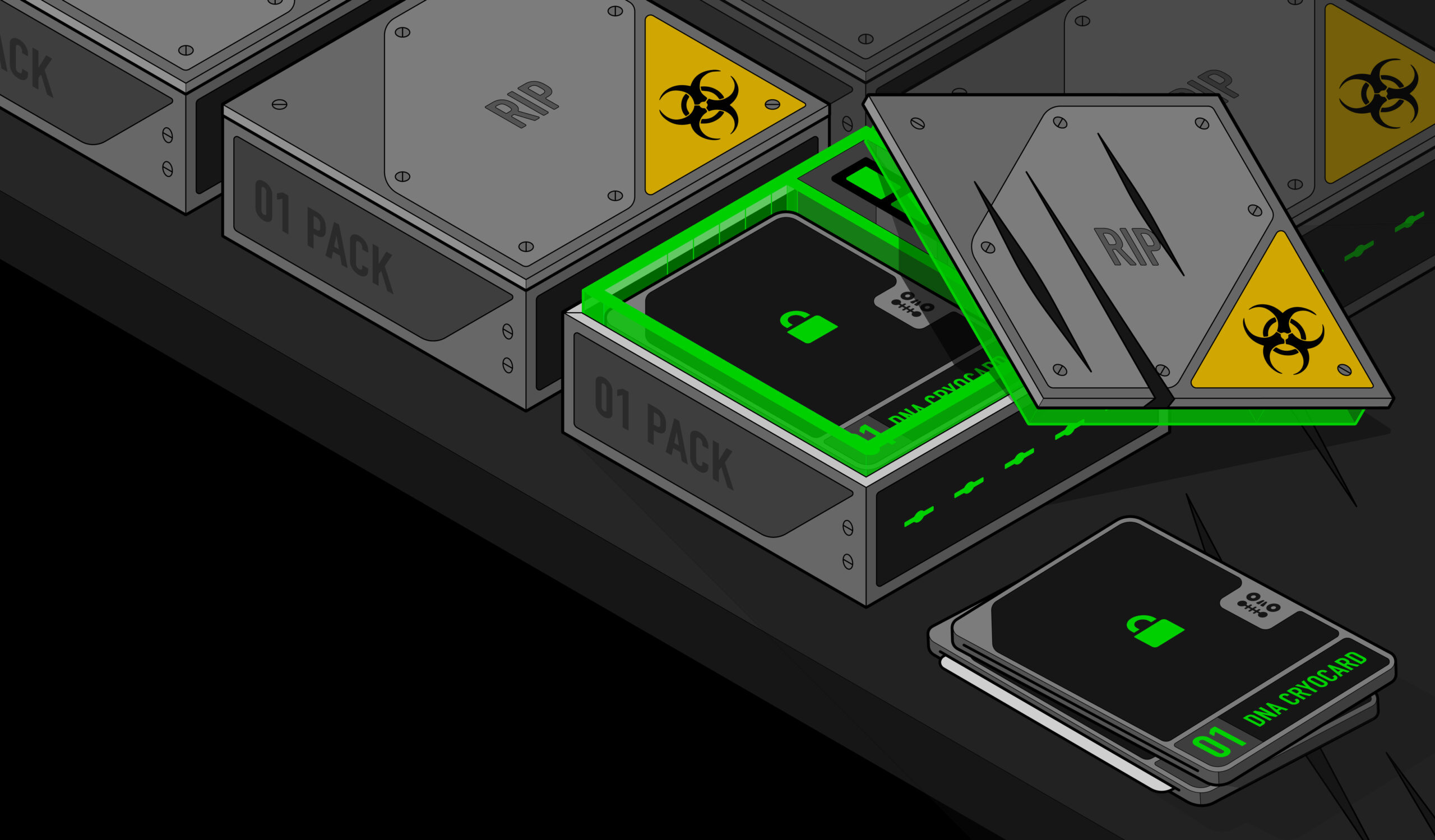DFZ Labs, the creative force behind the popular Deadfellaz brand, unveiled its latest gaming project in development with Unity on September 8.
The new project, a digital trading card game (TCG), is currently being developed alongside a team of Unity developers. The game is set to expand Deadfellaz’s “undead” universe and reshape TCG gameplay for users through animation and music.
“Psych & I both believe TCG gaming is in need of a serious upgrade when it comes to gameplay, animation, music, and the overall experience of playing and collecting – and with Unity, we finally have the perfect collaboration to achieve what we envision. Ultimately, we see this game as an opportunity to stretch the limits of what culture and gaming can converge into,” said Betty, CEO of DFZ Labs.
The game is currently coded under the title “RIP TCG,” however, the actual title and trailer will be revealed at a later date.
Development is already underway, and eager players can anticipate an early release in Q1 2024. The Deadfellaz community will play an essential role in the game’s early stages, with exclusive early access granted to the undead community.
The initial pre-access sale for the game is scheduled for Friday, September 8th.
“We can’t overstate how powerful it is to have Unity collaborating on this game with us. Our game plan includes an entirely new level of action and immersion for the TCG genre; and there is no one better equipped to take on that task than Unity,” said Psych, Lead Artist and co-Founder of DFZ Labs.
As avid gamers themselves, Betty and Psych, along with the DFZ team, have been actively integrating tools and experiences to introduce the Deadfellaz brand to the gaming world. Their recent endeavors include “Streamingfellaz,” an extension of their IP that enables collectors to live stream as their PFP character, complete with motion tracking and emotions. DFZ also formed the DFZ Twitch Team, demonstrating their commitment to supporting gamers within the community.
Editor’s note: This article was written by an nft now staff member in collaboration with OpenAI’s GPT-3.
Credit: Source link
































